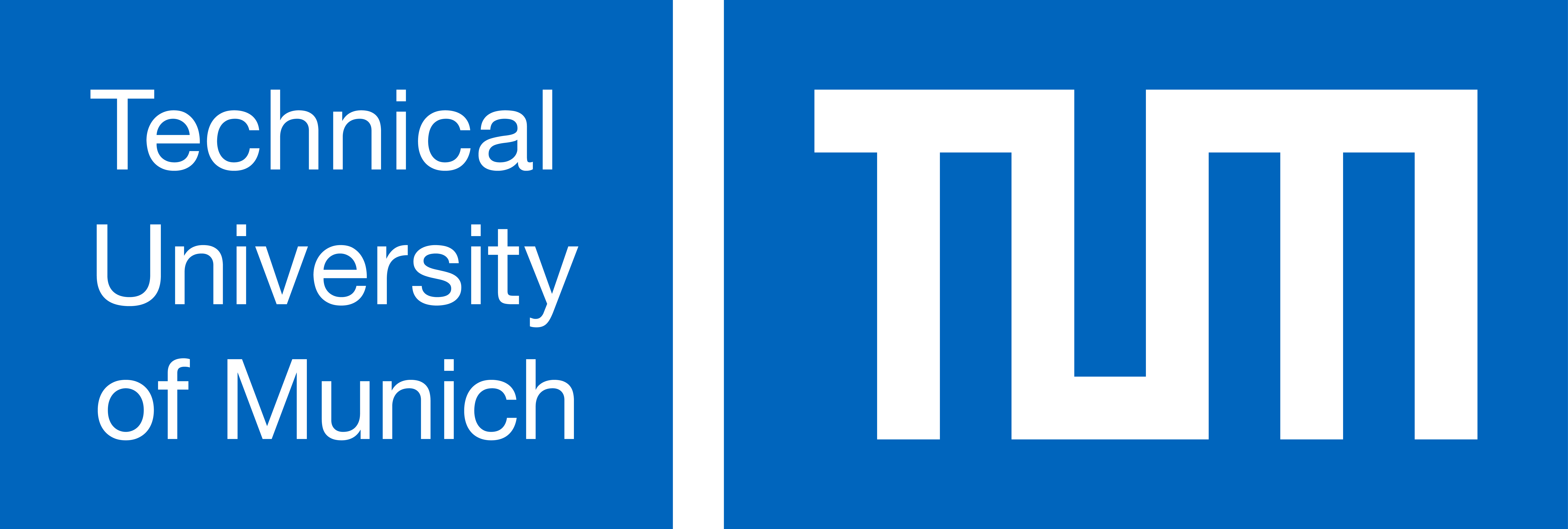About this course
This module teaches basic knowledge of German as a Foreign Language, taking into account intercultural and cultural aspects of the country, which will enable students to find their way around despite their limited knowledge of the language, e.g. when shopping, in restaurants, on public transport, etc. They will learn/practice basic vocabulary on topics such as family, work, leisure and food, ask and answer simple personal/family questions, understand and use numbers, prices and times and report everyday activities in simple structured main sentences in the present tense, using verbs, nouns, personal pronouns, possessive articles and negation forms. Students practice teamwork skills by collaborating on tasks in multinational groups.
Learning outcomes
The module is oriented towards level A1 of the CEFR. After completing this module, students will be able to use everyday expressions and very simple sentences aimed at meeting specific needs of everyday life: They can introduce themselves and others and ask other people questions about themselves and give answers to questions of this kind. They can describe daily routines in basic structures and give basic information about themselves in writing. They can communicate their needs if interlocutors speak clearly and slowly and are supportive. Students learn how to organize their own learning process of the foreign language independently and effectively.
Examination
Performance, testing the learning outcomes specified in the module description, is examined by a cumulative portfolio of competence and action-oriented tasks. Aids are permitted. The examination performances are designed in their entirety to test the use of vocabulary and grammar, reading and/or listening comprehension, and free text production. Oral communication skills will be tested via the use of appropriate idioms in written dialogue examples and/or in the form of an audio/video file. For this purpose, we observe the Basic Data Protection Regulation (DSGVO, Art. 12 -21).
4 ECTS Exam regulations: 3-4 certificates of achievement, e.g. a project task, writing task or (online) test. Audio or video recordings can be part of an examination. Further information will be announced at the beginning of the course and can be found in Moodle.
Course requirements
none
Resources
- Textbook: will be announced in the course
Activities
The module consists of a seminar in which students study the learning content with targeted listening, reading, writing and speaking exercises. The communicative and action-oriented approach is implemented by combining these exercises in individual, partner and group exercises. Online material for controlled self-study of basic grammatical phenomena and communication patterns is provided to deepen and intensify the content taught during the course. Voluntary homework (for preparation and revision) consolidates what has been learned.
Additional information
- More infoCoursepage on website of Technical University of Munich
- Contact a coordinator
- CreditsECTS 4
- Contact hours per week3
- InstructorsSilvia Dechant, Renate Steidten, Christine Geishauser, Arianna von Caprivi Caprara de Montecucculi, Dominik Selent, Giulietta Comparato, Terezija Grgic, Iana Detcheva-Knippelmeyer, Johannes Gröbl, Maria Karsten-Ott, Sigrid Schneider, Marion Sohlbach, Anette Kretschmann, Andrea Kummer-Rock, Anne Schlömer, Bettina Witzig, Eva Endraß, Barbara Schimmack, Julia Del Piano, Katharina Lechle, Sabine Schmidt-Bender, Sandra Bakker, Timea Pletschacher, Judith Jennert, Jutta Schlüter, Nino Khvintelani, N.N. Noch nicht bekannt, Daniela Huber, Aurel von Egloffstein, Inese Keza, Anja Knappe, Svetlana Burmasova, Claudia Hanke, Laetitia Weltzer, Anne Zerfass, Inna Pinskaia, Christian Körner, Daniela Niebisch, Angelika Gärtner, Alexandra Ammelung, Christine Reulein, Sabine Kraut-Schindlbeck, Heike Anna Koch
- Mode of instructionHybrid
Offering(s)
Start date
23 April 2025
- Ends25 July 2025
- Term *Summer 2025
- Instruction language
Enrolment period closed
